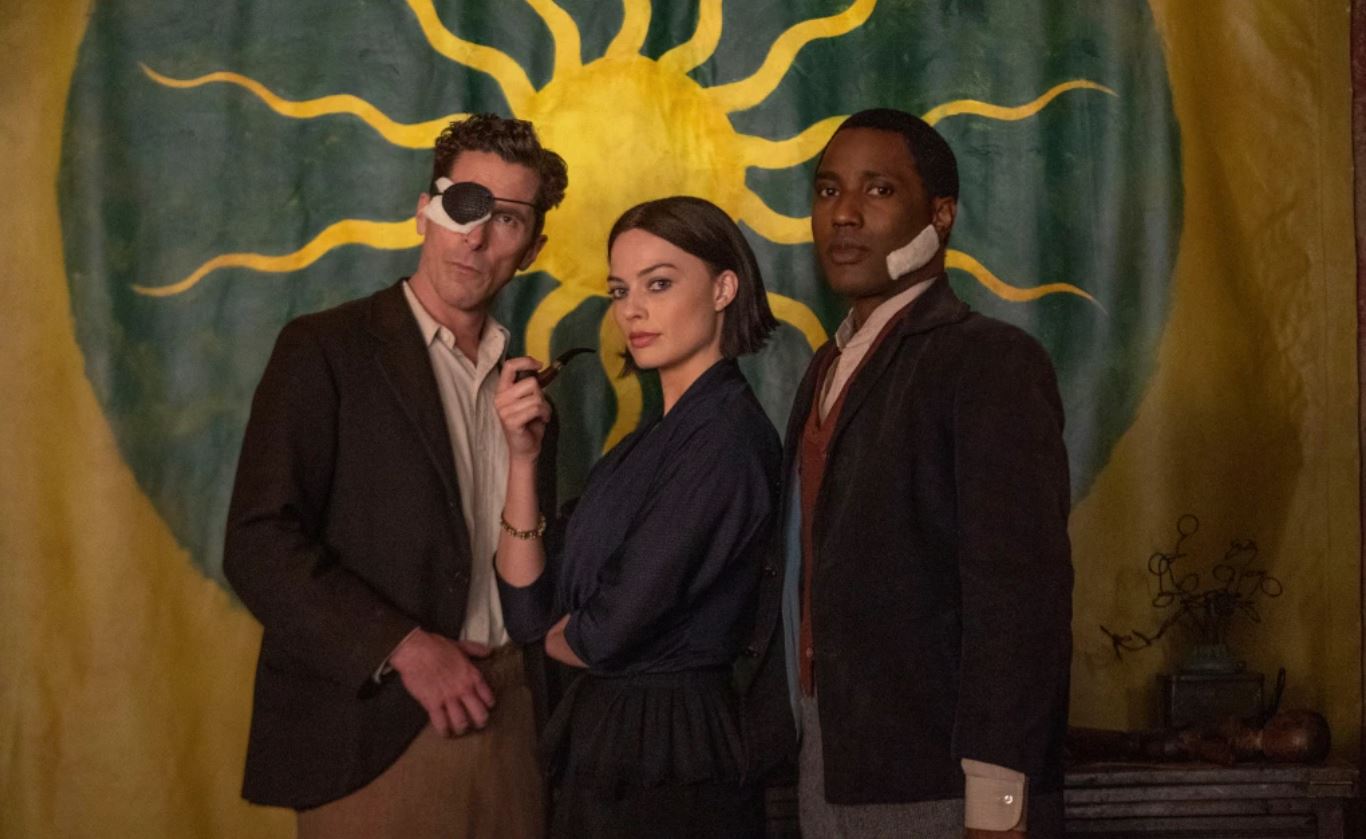What to Watch Verdict
Despite boasting an impressive cast, Amsterdam could have been a good deal funnier.
Pros
- +
Gets off to a promising start
- +
Boasts an impressive cast
- +
Production design and costumes look fabulous
- +
Cons
- -
Loses its way with the plot
- -
Murder mystery storyline is too tangled
- -
Repeatedly loses its momentum
He’s been responsible for some of the most giddily entertaining, hilariously offbeat films of recent-ish years, but writer-director David O Russell quite literally loses the plot with his latest film. This is such a shame because, on paper, period mystery comedy Amsterdam looks like another winner to go alongside such movies as Silver Linings Playbook, The Fighter and American Hustle.
Like them, it boasts a starry, award-magnet cast — headed here by Christian Bale, John David Washington and Margot Robbie — and, like The Fighter and American Hustle, it spins its narrative from a curiously odd true story, in this case, a real-life fascist plot during the Depression to overthrow the US government. Somewhere along the way, however, things have clearly gone awry.
Amsterdam begins promisingly enough with the teasing on-screen declaration, “A lot of this really happened,” (reminiscent of American Hustle’s “Some of this actually happened”). The setting is 1933 New York where Bale’s jittery, glass-eye-sporting doctor, Burt Berendsen, is busy patching up fellow wounded veterans from the Great War, including facially scarred attorney Harold Woodman (Washington), his best friend. Then, out of the blue, there comes a request to conduct an autopsy on the body of their former commander and, following a brief cameo by Taylor Swift as the dead general’s daughter, the pair find themselves pitched into a bizarre murder mystery.
The extremely convoluted caper that ensues sees the duo reunited with the luminous, enigmatic Valerie (Robbie), the nurse who treated them during the war and with whom they enjoyed an idyllic interlude in Amsterdam in 1918. Back then, Harold and Valerie fell in love, only for Valerie to suddenly disappear. Her motive for vanishing is initially puzzling, but not nearly as head-scratchingly baffling as the riddle of who lies behind the general’s death.
The introduction of a string of other quirky characters, including Burt’s estranged upper-class wife (Andrea Riseborough), a sleek high-society couple (Rami Malek and Anya Taylor-Joy), a couple of doggedly dim New York cops (Matthias Schoenaers and Alessandra Nivola) and a venerated army general (Robert De Niro) only makes the unfolding mystery even more of a tangle.
Our bafflement wouldn’t matter so much if Amsterdam had the zip and brio of Russell’s previous films. As it is, Amsterdam repeatedly loses its momentum, bogging down its characters in repetitive verbal riffs and self-indulgent wackiness. Burt’s glass eye keeps popping out at inopportune moments, which is funny at first but soon gets tiresome.
The film isn’t a total flop. The cinematography (by three-time Oscar winner Emmanuel Lubezki), production design and costumes look fabulous, and the stars all have their moments. There’s serious intent lurking here, too. The era’s racism is strikingly highlighted, with Harold and his fellow African-American soldiers, for example, being forced by the white army brass to wear French, not American army uniforms. The half-Jewish, half-Catholic Burt is shunned by his WASP, Park Avenue in-laws.
Along the way, Russell points up the parallels between the beleaguered 1930s and our own dangerously fraught times. If he had found his old screwball energy, he might have made his film’s multiple strands and cryptic plot gel together. Just as importantly, Amsterdam would have been a good deal funnier.
Amsterdam was released on October 7 in both the US and the UK.
A film critic for over 25 years, Jason admits the job can occasionally be glamorous – sitting on a film festival jury in Portugal; hanging out with Baz Luhrmann at the Chateau Marmont; chatting with Sigourney Weaver about The Archers – but he mostly spends his time in darkened rooms watching films. He’s also written theatre and opera reviews, two guide books on Rome, and competed in a race for Yachting World, whose great wheeze it was to send a seasick film critic to write about his time on the ocean waves. But Jason is happiest on dry land with a classic screwball comedy or Hitchcock thriller.












